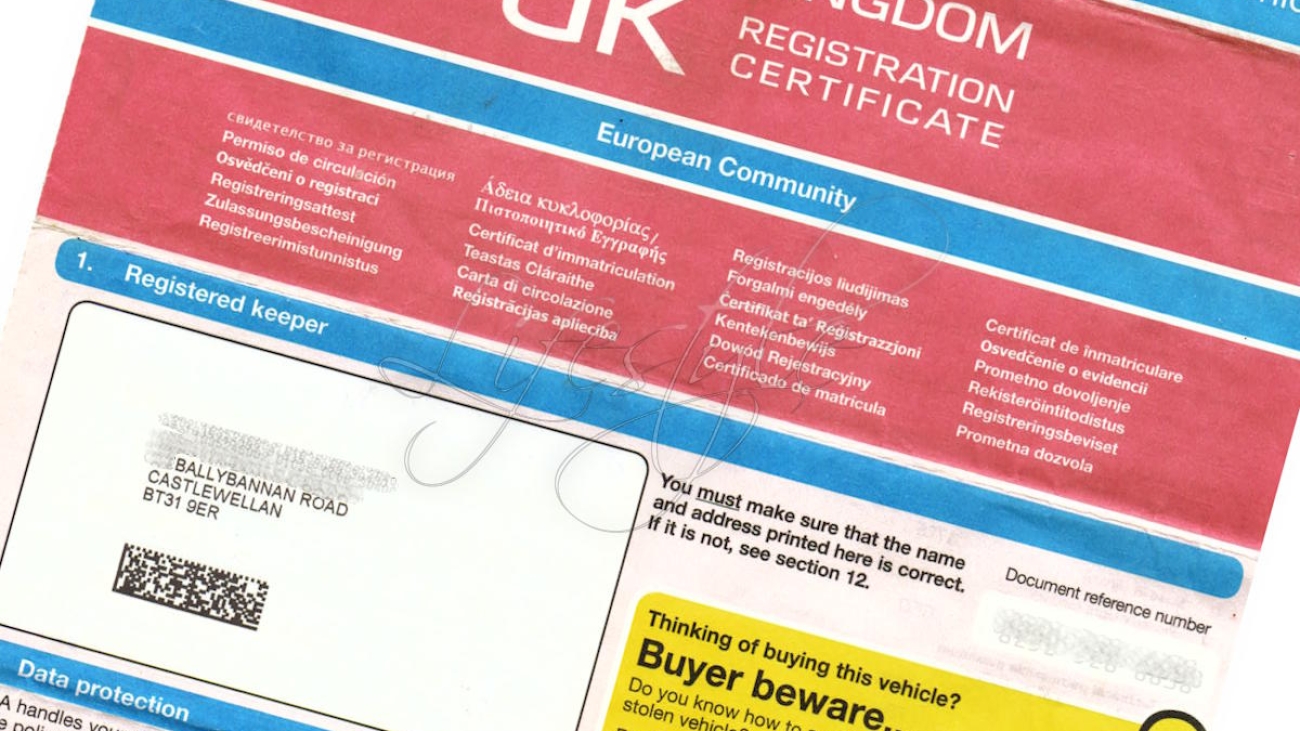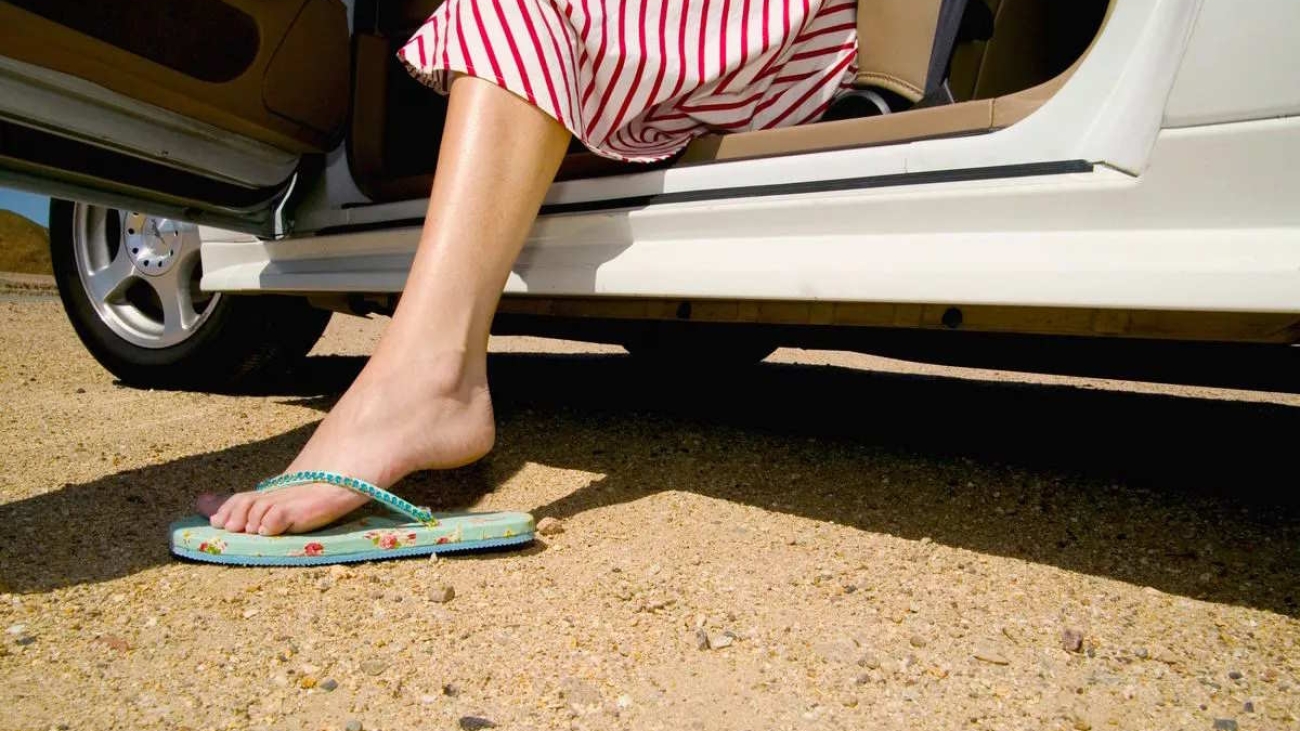In the wake of Brexit and the introduction of the Windsor Framework, many UK vehicle owners have questions about the legalities of moving cars from Great Britain to Spain via Northern Ireland.
There is a claim that there is a “legal loophole” to route vehicles through Northern Ireland (NI) to avoid paying customs duty and VAT in Spain, even when the owner never lived in or used the vehicle in Northern Ireland.
So is routing a GB vehicle through Northern Ireland to avoid import taxes in Spain legal? In this article, we clarify how the Windsor Framework applies to vehicle movements, what is genuinely legal, and what could land you in trouble.
🚗 What Is the Windsor Framework?
The Windsor Framework, agreed in 2023, is the updated set of rules that governs trade between Great Britain (England, Scotland, Wales) and Northern Ireland, while keeping Northern Ireland aligned with certain EU single market regulations.
For vehicle movements, this means:
-
No customs duties or checks for genuine personal use vehicles moved from GB to NI.
-
But: Northern Ireland remains in the EU customs territory for goods that may move onward to the EU (e.g. to Spain).
To import a vehicle from the UK mainland to Northern Ireland under the Windsor Framework, you need to be authorized under the UK Internal Market Scheme (UKIMS) and potentially utilize the Simplified Processes for Internal Market Movements. This framework streamlines the process for eligible goods moving from Great Britain to Northern Ireland, allowing for a reduced declaration process.
Crucially, this allows you to declare goods as “not at risk” of entering the EU, meaning you won’t pay EU duties if the vehicle is staying in Northern Ireland or will be moved back to Great Britain. Goods declared as “not at risk” are not subject to the full customs procedures, and will avoid customs duty and VAT. If the vehicle in the future is then taken to an EU country, such as Spain, it is treated originating in the EU as it is assumed customs was taken care of when the vehicle was moved from GB to NI. This is what appears to be being distorted.
If a GB vehicle (from England, Scotland, or Wales) is moved to Northern Ireland (NI) and is “at risk” under the Windsor Framework, i.e. it is not going to be used in NI but is to be taken to Spain, then EU customs rules apply, and the vehicle is effectively treated as if it were being imported into the EU customs territory.
-
The vehicle must go through the EU customs import procedure at entry into NI (because NI aligns with the EU Customs Code).
-
A customs declaration must be made via the UK Trader Support Service (TSS) or an agent.
-
The vehicle is automatically deemed “at risk of entering the EU”.
-
This triggers EU tariffs and import customs and VAT (10% and 20%) just as if the vehicle were entering the EU directly.
Clearly if an indivdual is taking their car from GB to NI where they have an address and will be using it, then “not at risk” would be applicable. However, if the intent is to simply route the car through Northern Ireland, not take it there or use it there, and instead take it Spain, then clearly “not at risk” cannot truthfully or legitimately be declared.
✅Legitimate Use Case: The Spanish Perspective
🔹 Current Practice in Spain:
-
Spanish customs authorities are (at least for now) applying a blanket exemption from import duty and VAT to vehicles declared as originating from Northern Ireland, regardless of the owner’s residence history or whether the vehicle was genuinely located in NI.
-
In effect, if a vehicle is registered in NI (or shows NI as the last place of registration), Spanish customs are processing it as exempt, based on the assumption that:
-
It is moving from within the EU customs territory (under the Northern Ireland Protocol), and
-
It is therefore not subject to the same treatment as goods coming from Great Britain (England, Scotland, Wales), which are now “third countries” under EU law.
-
Let’s consider a legitimate scenario under the Windsor Framework and EU import rules:
Example:
-
You live in England and are relocating to Northern Ireland, or
- The vehicle owner lives in Northern Ireland or can prove genuine use/residence there.
-
The personal vehicle is physically taken from GB to NI and actually used there.
-
Later, you relocate again, this time to Spain, or you just decide to take the vehicle to use in Spain.
-
The vehicle is moved to Spain and declared as coming from NI.
-
Spanish customs, under current practice, treat this as exempt from duty and VAT.
✅ This is legal as the vehicle and it’s origin is truthfully declared and the authorities apply their rules for exemptions accordingly.
🛑 Fraudulent Use Case: Fake NI Routing to Evade Tax
Here’s what’s not legal:
Example:
-
You live or lived in England and own a GB registered car
- A false registration address is used to create the appearance that the vehicle is from NI.
-
The vehicle never physically enters Northern Ireland.
-
The car is shipped or driven directly to Spain, and presented at registration as having originated in Northern Ireland.
- Spanish authorities mistakenly exempt the car based on documentation that is intentionally misleading.
Even if the exemption is applied, if the basis for that treatment is a false representation, it remains fraudulent — and:
-
The vehicle owner is liable,
-
Any facilitators (e.g. vehicle regitration agents) are criminally exposed,
-
Spanish authorities may later pursue recovery of tax plus penalties.
Summary:
❌ This is fraud.
-
The Windsor Framework allows genuine cross-border movement, not paper-based fraud.
-
Falsely declaring origin, destination or residence for tax avoidance is illegal under:
-
Spanish Penal Code (Article 305 – Tax Fraud),
-
EU Customs Code, and
-
UK Fraud Act 2006, if part of the deception occurred in the UK.
-
Read more about the legal implications.
💼 Key Requirements for Lawful Movement via NI
To legally use Northern Ireland as a step in the import chain, the vehicle must:
- Be physically moved to Northern Ireland.
- Be registered or used by a person who has a real residence in NI.
- Not be moved to the EU (e.g. Spain) with the intent to evade customs duties or VAT.
- Be declared truthfully to the Spanish authorities, along with truthful supporting documents.
If you cannot prove actual use or residence in NI, the route is not valid, and any attempt to claim tax exemption is likely to be considered fraudulent.
📌 Final Clarification
So while it’s true that Spanish customs are applying a blanket exemption, to UK vehicles that are registered to a Northern Ireland address, this only holds up legally if the NI origin is true.
-
If the origin is falsified, the exemption has been wrongly applied, and the parties involved may be prosecuted even after the fact.
-
Spanish tax authorities (Agencia Tributaria) can open a retrospective investigation if there is evidence of false origin declarations — leading to reassessment, fines, and criminal charges.
The Windsor Framework for goods moving from Great Britain to Northern Ireland, does not create a tax loophole for avoiding Spanish import duties. It facilitates legitimate trade and personal movement between parts of the UK—but abusing it evade import duty and VAT when importing a vehicle from Great Britain to Spain could lead to:
-
The vehicle being seized in Spain,
-
Significant fines and backdated VAT/duty,
-
Criminal charges for fraud,
-
Possible investigation in the UK and EU.
If you’re importing a car to Spain and genuinely lived in Northern Ireland, you may have a legitimate route to lower taxes—but it must be truthful, documented, and compliant with both UK and Spanish law.


